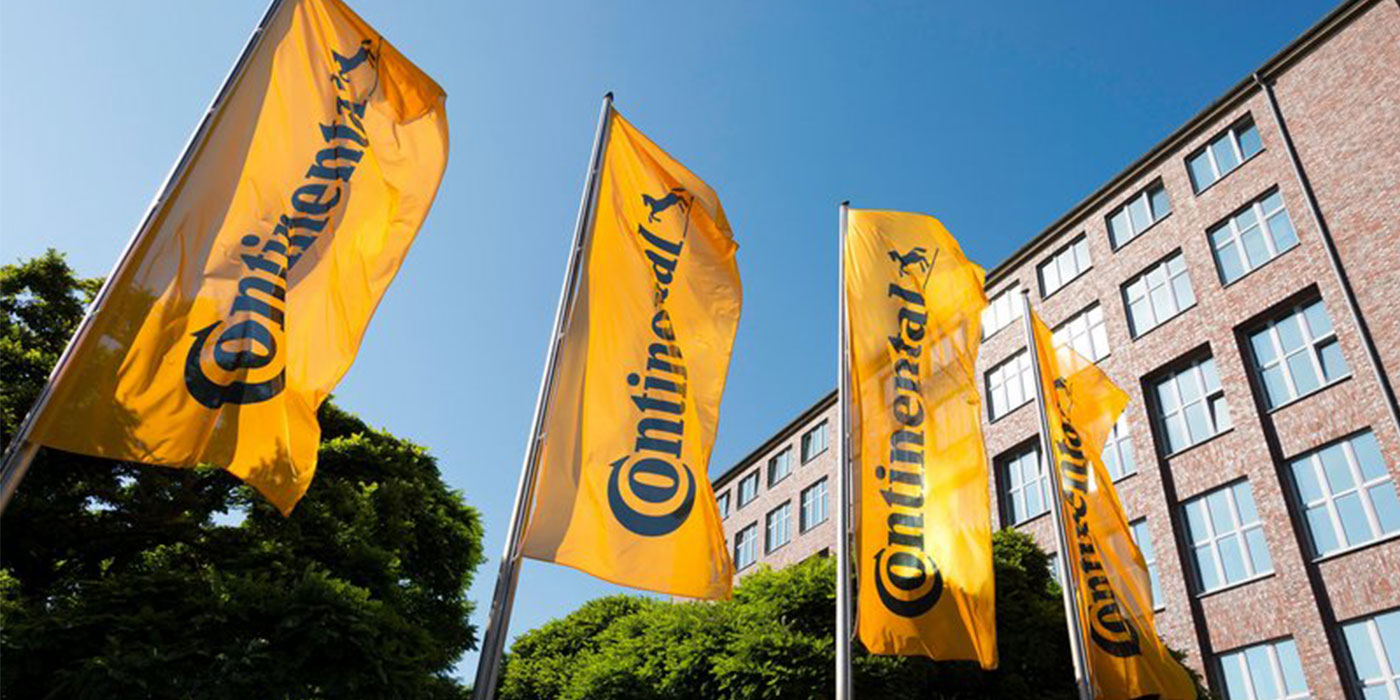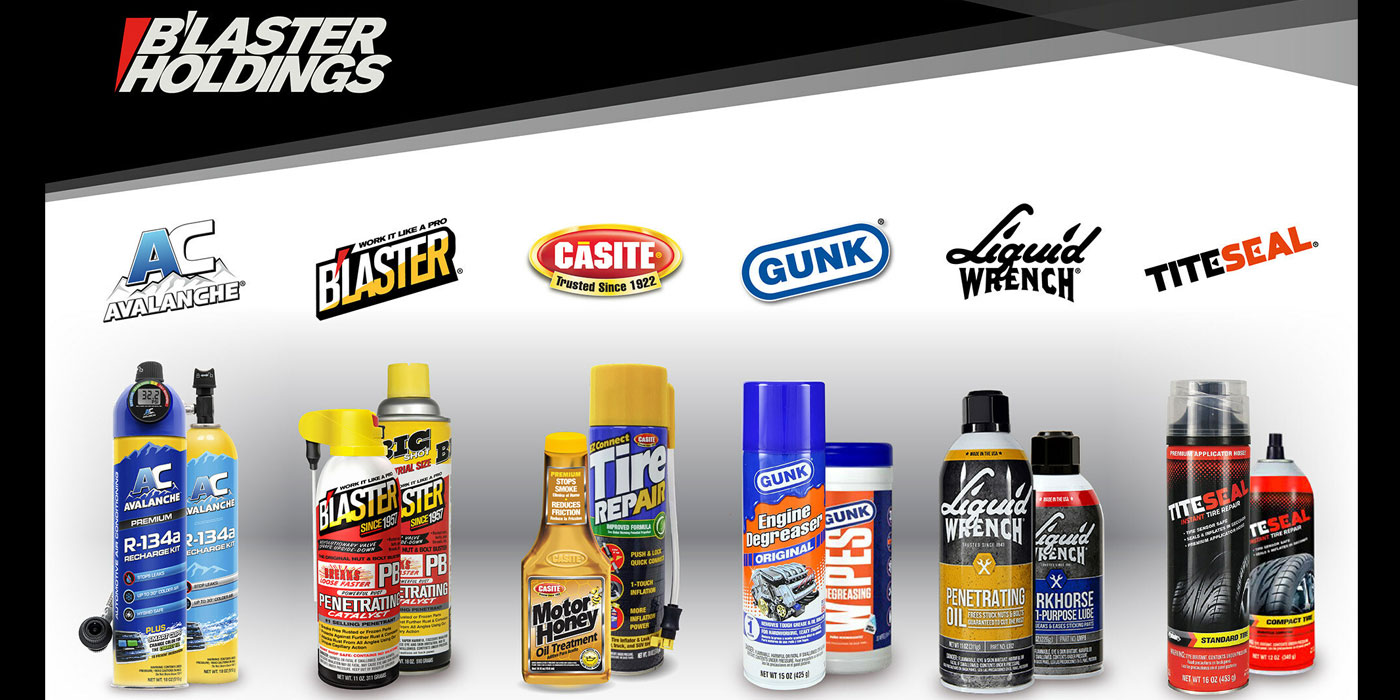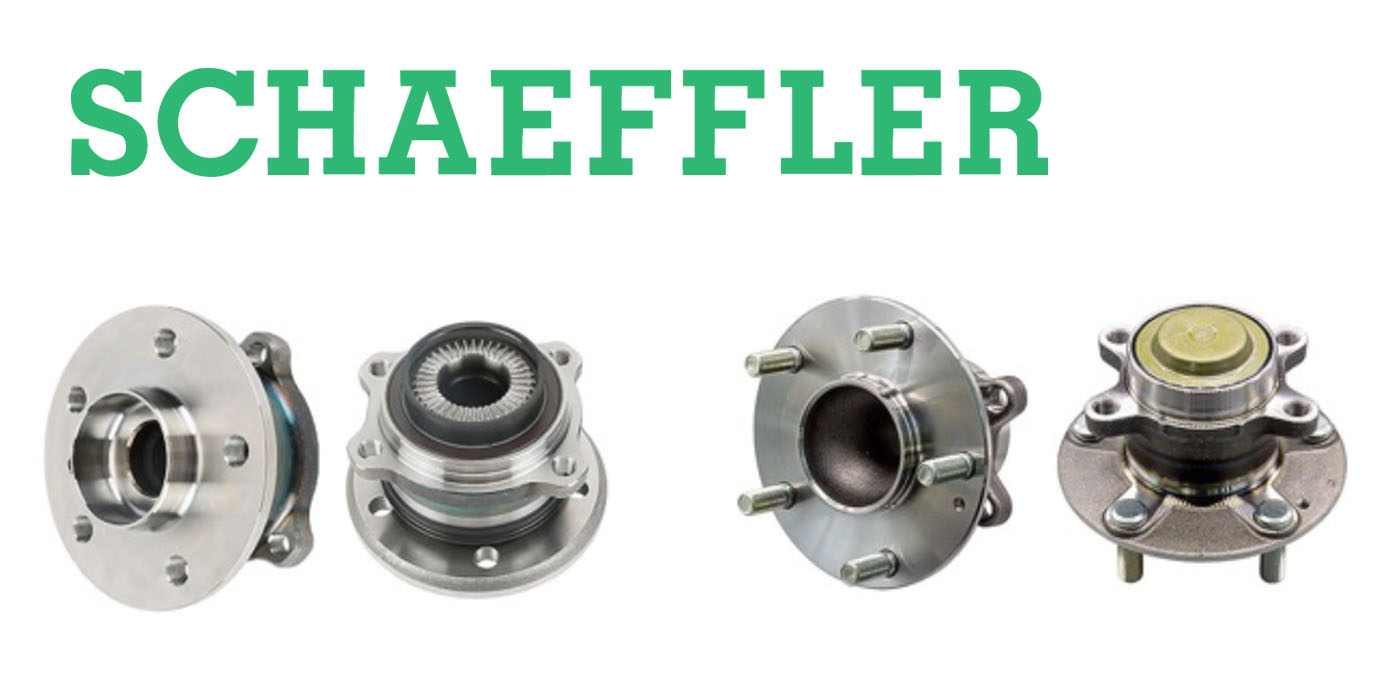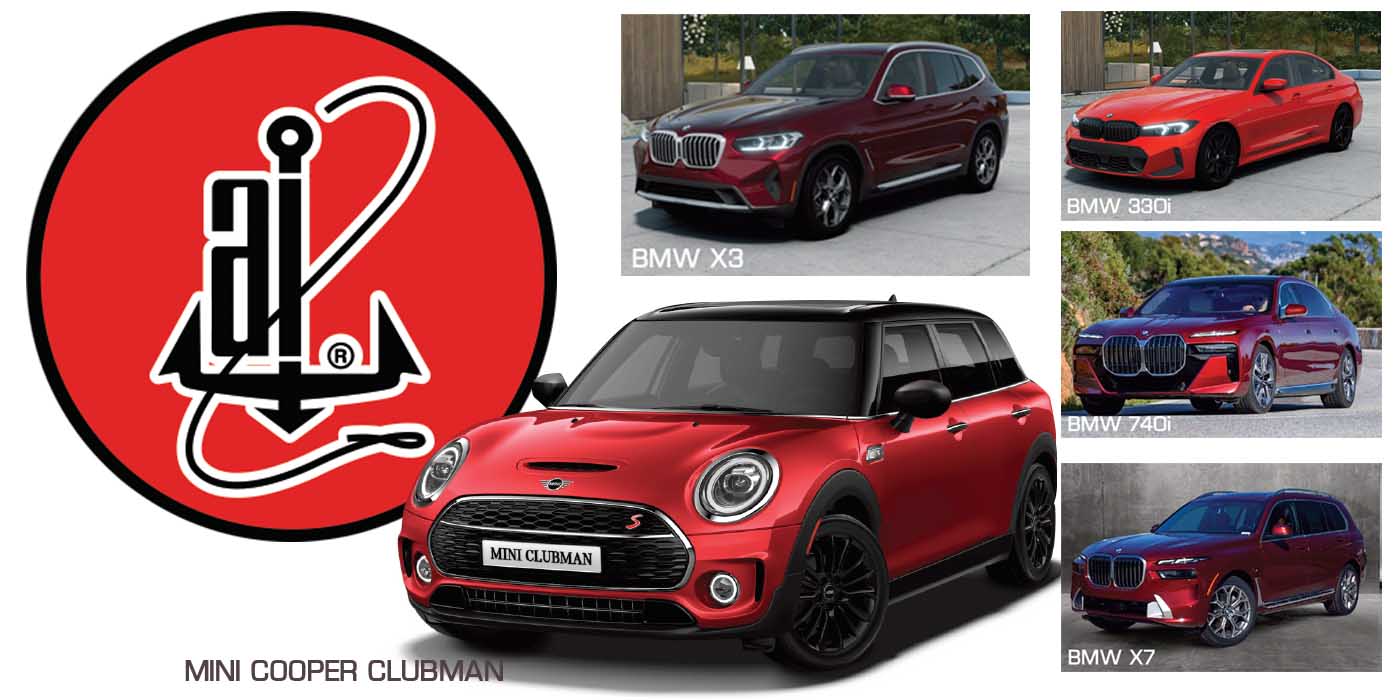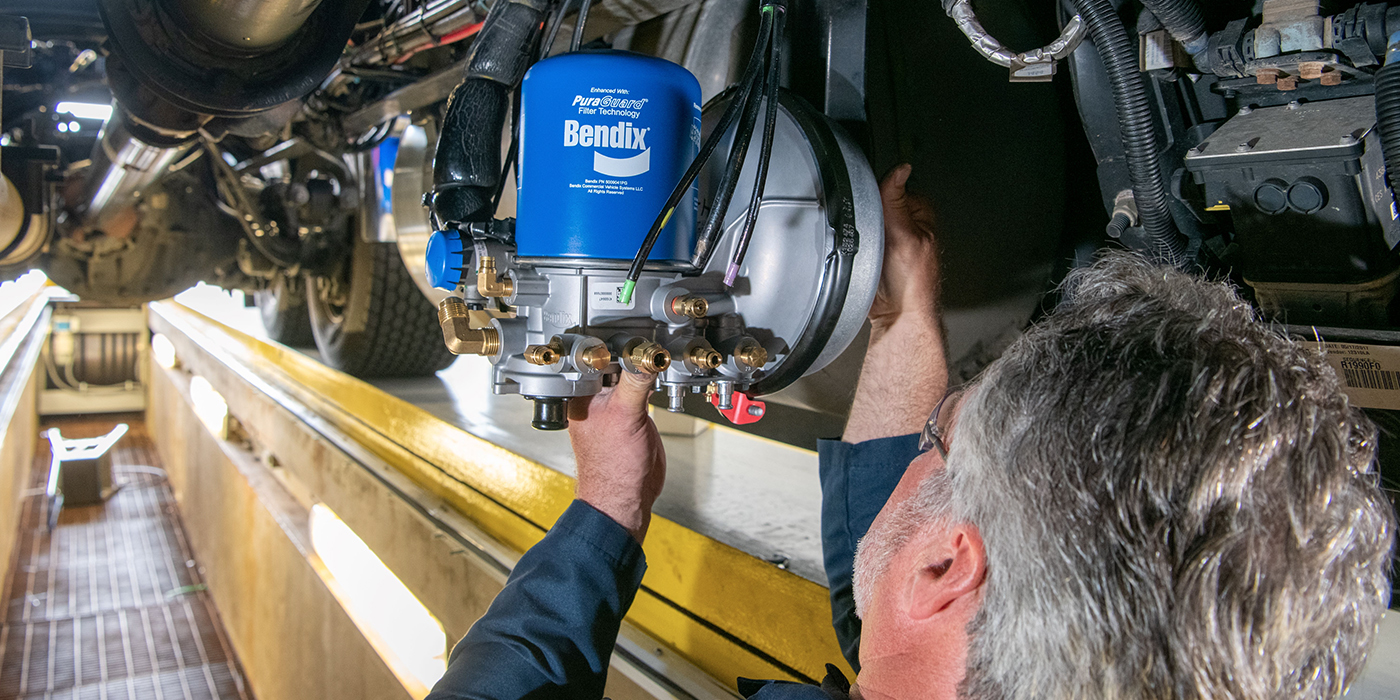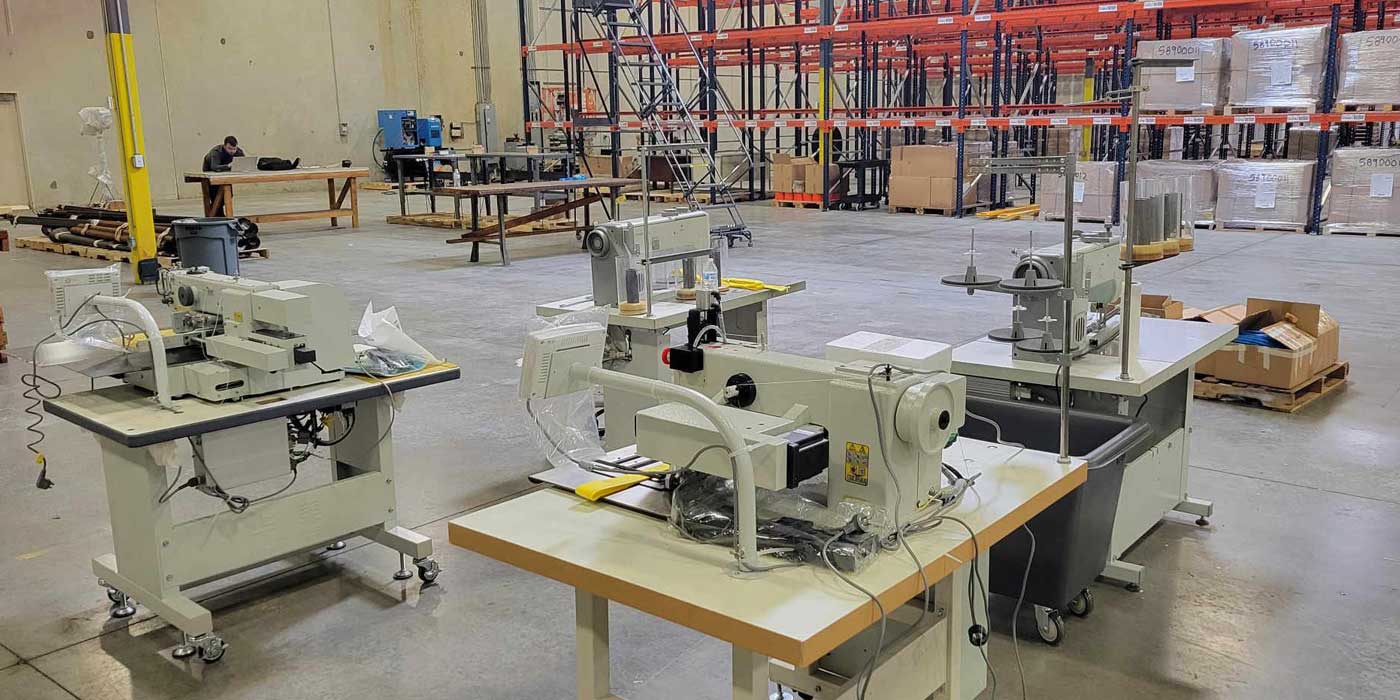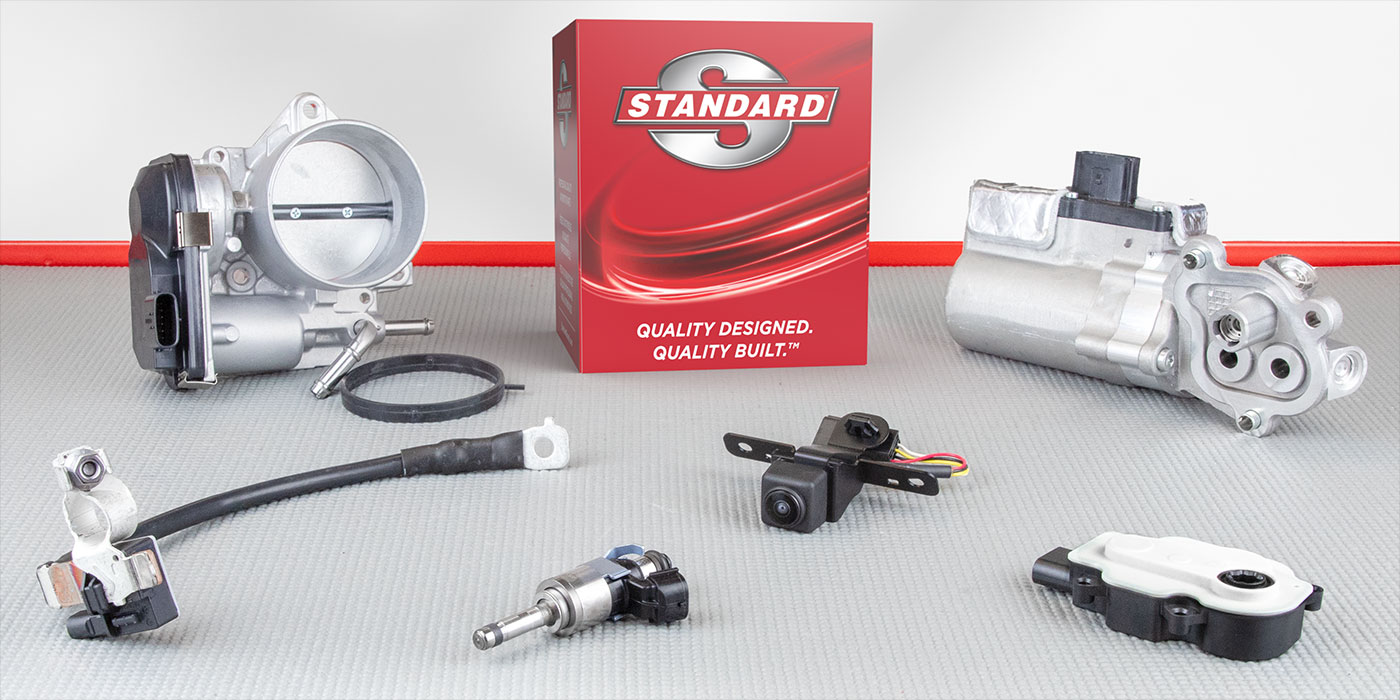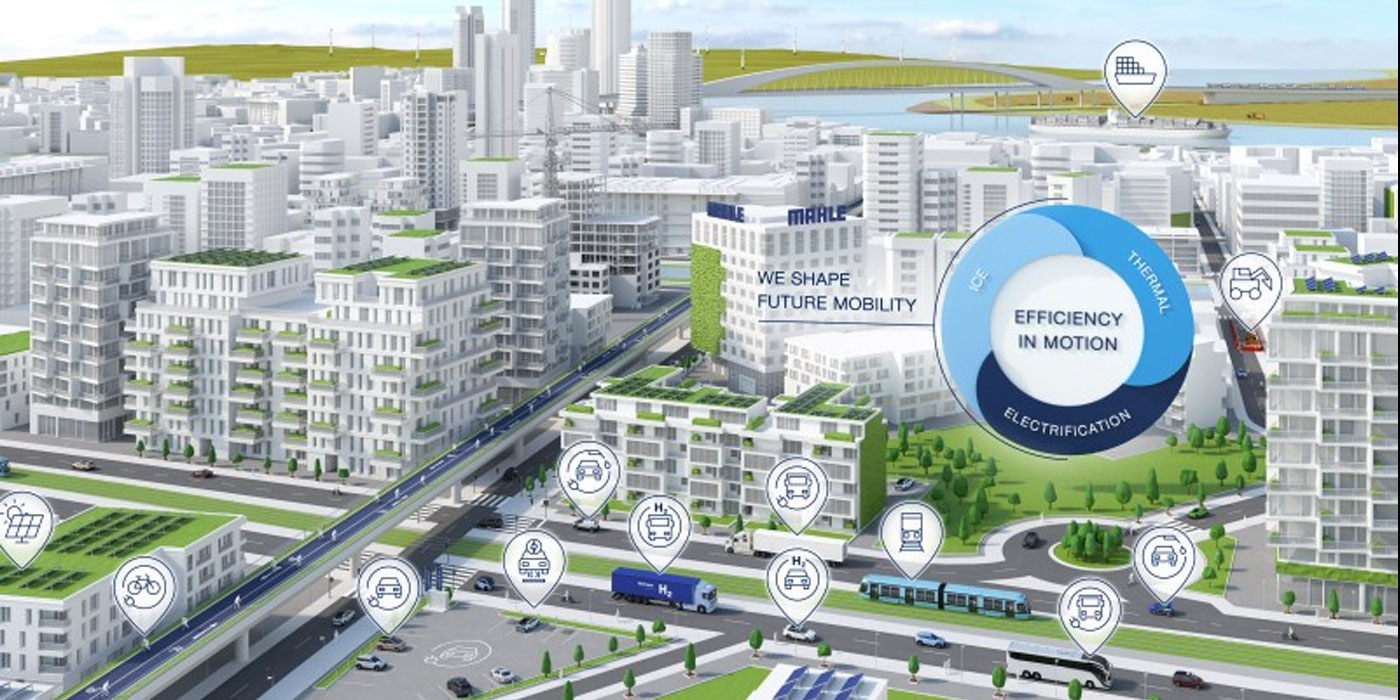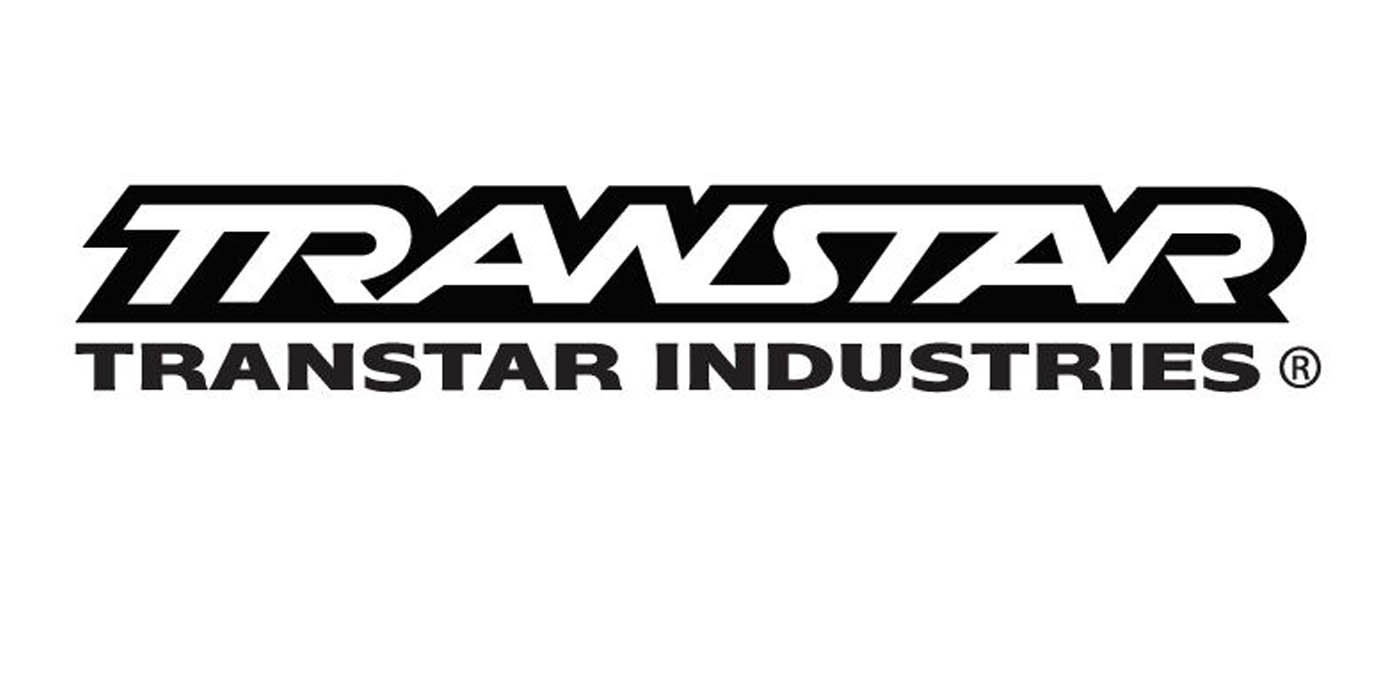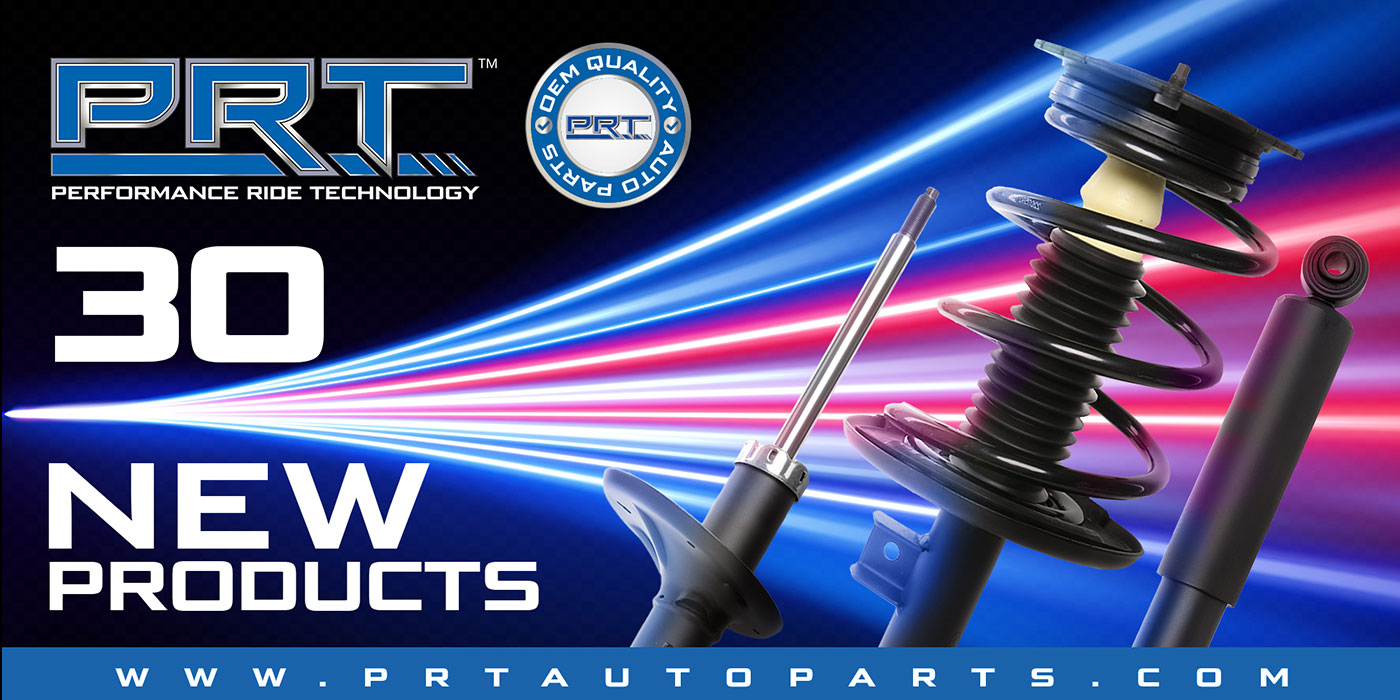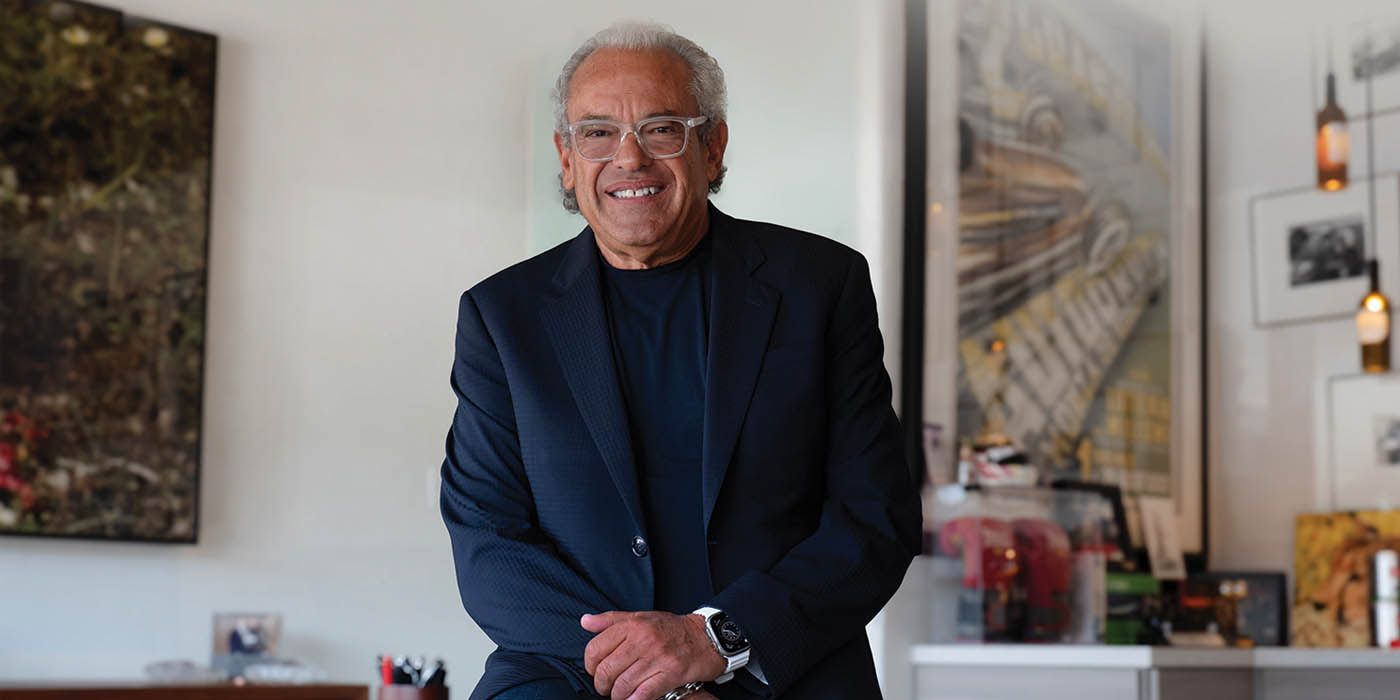FRANKFURT, Germany — The electrification of the automobile is under way. Hybrid vehicles are the here and now, and completely electric vehicles are on the horizon. Nowhere will that be more apparent than at IAA 2009, the international motor show for passenger cars in Frankfurt. Here, visitors will experience future models with a heightened focus on hybrid and electric drive, and experts from Delphi Corp. will be on hand to discuss this pending shift in automotive technology.
Germany has instituted a plan to have 1 million electric cars on the road by 2020. The United States recently announced more stringent CAFE (Corporate Average Fuel Economy) standards requiring automakers to increase the average fuel economy of their U.S. fleet sales to 35.5 miles per gallon by 2016, an increase of eight miles per gallon, four years sooner than expected. Automakers will also be required to cut by 25 percent the amount of greenhouse gases their new cars emit in the United States. In China, the government has subsidized research and development of hybrid and fuel cell technology to make use of more renewable energy sources and is looking to enact more stringent emissions rules for its automakers. Research studies indicate that, by 2020, there could be 13 million hybrids, plug-in hybrids, electric or fuel cell vehicles on the road.
"It’s a ‘perfect storm’ of factors that all lead to the same conclusion. Hybrid electric vehicle (HEV) technology is forecasted to steadily increase in the short-term, and we expect to see a rapid progression to fully electric vehicles that will become necessary to meet these global standards," said Dr. Andrew Brown, Jr., Delphi executive director and chief technologist. "We also expect to see a greater migration of HEV technology beyond passenger cars to the commercial vehicle market as well."
With technical centers in every major automotive market around the globe, and manufacturing sites in 34 countries, Delphi says it is ideally situated to help automakers navigate the requirements of the next-generation hybrids and new electric vehicles. The company is currently supplying more than 10 leading automotive companies with hybrid vehicle technology.
"Delphi’s engineering expertise is unique in that our innovative team designs more than components, we offer full system integration," Brown said. "From power electronics to electrical/electronic architecture to thermal management, we can simplify the HEV process for automakers."
Building on more than 70 years of automotive electronics experience, Delphi is focused on reducing the cost of hybrid power electronics while, at the same time, designing in market-leading functionality and reliability. Key products include battery pack systems, inverters and DC/DC (direct current to direct current) converters. Since 2000, Delphi has had more than 100 patents issued in power electronics and advanced energy systems.
HEVs present unique challenges when it comes to electrical/electronic (E/E) architecture. "These types of vehicles have rigorous power requirements and demand robust component performance with additional safety features. They also provide a uniquely challenging operating environment. The shift to fully electric vehicles will place even greater emphasis on E/E architecture," Brown said. Delphi has high-power shielded connection systems, high-voltage wiring assemblies, battery cell interconnects, battery monitoring devices, battery service disconnect devices and high-power electrical centers to meet these changing needs.
Delphi gasoline and diesel engine management systems are capable of being seamlessly integrated with hybrid vehicle architectures. Delphi has developed software that caters specifically to integration of the internal combustion engine with the additional propulsion and regenerative braking of a hybrid electric vehicle. Additionally, Delphi has developed advanced integrated evaporative emission systems for hybrids and partial zero-emissions vehicle hybrids.
Delphi is also developing solutions to address the thermal challenges hybrid vehicles pose to traditional heating and cooling technologies. For example, HEV engines can shut-off at any time during a drive cycle such as while waiting at a stop sign or traffic signal. When a conventional engine shuts off, so does the air conditioning compressor, which could mean a shift in cabin comfort. Delphi has developed a Phase Change Material (PCM) storage system that allows a hybrid vehicle to store excess thermal energy while the engine is running and then releases this energy during "engine off" idle stops to maintain constant comfort in the vehicle. Under the hood, Delphi is also developing powertrain cooling solutions to address the thermal management needs posed by the power electronics, batteries and electric motors used in hybrid vehicles.
Another key element in this movement is preparing the service industry to safely and accurately diagnose and repair complex hybrid and electric vehicle systems. HEV technology represents a fundamental paradigm shift for garages. Delphi’s OE hybrid system expertise and comprehensive suite of aftermarket training and support helps shops understand the technology and how to safely diagnose and repair, as well as stay connected to the latest OE vehicle advances.

